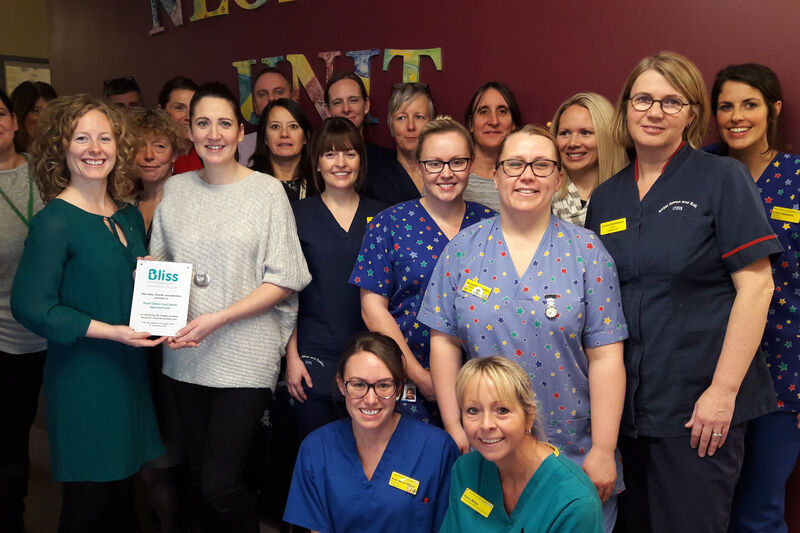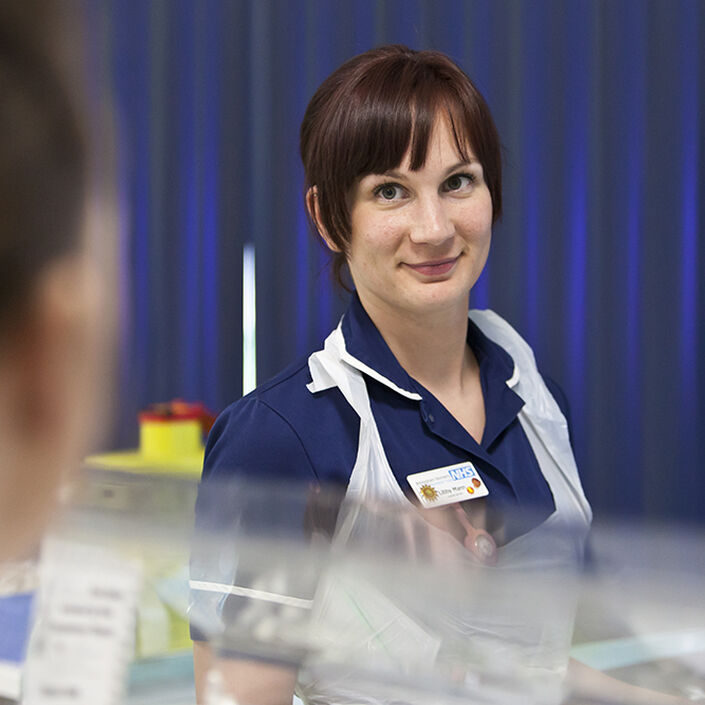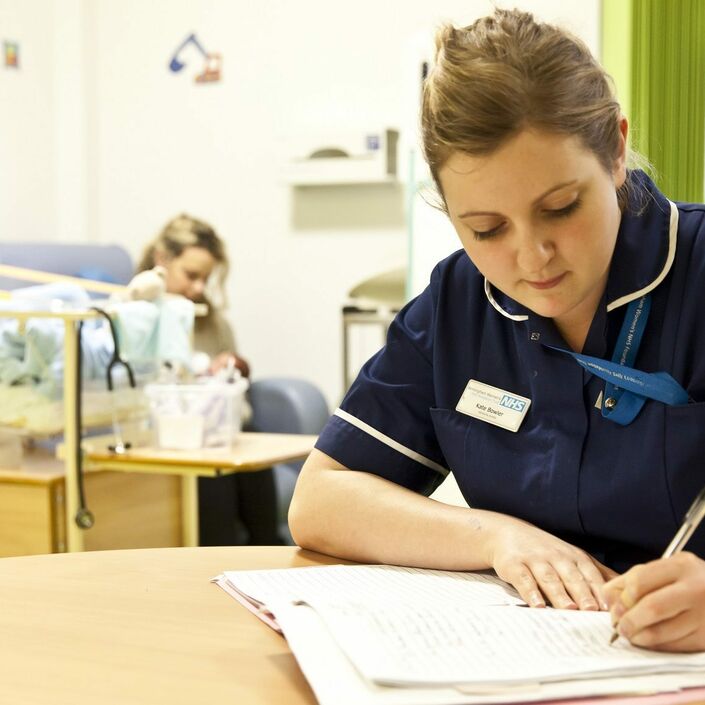As part of that process, the unit made a series of changes which have significantly improved the quality of their family-centred care.
For example, the unit introduced camp beds for every cot space, as well as single bed rooms and rooming in options, to help keep families together by enabling parents to stay next to their baby at all times of the day.
They also made the unit more calming by keeping noise and light to a minimum and establishing a ‘retreat room’ with different modes of mood lighting and optional aromatherapy for mothers who wish to express away from the cot side.
The neonatal team also worked with the unit charity, SNUG, to create a communication resource for parents called ‘Tell Us Tags’. These encourage parents to update unit staff about when they will be on the unit to deliver cares for their baby, ask questions or request more support. Staff are also able to use the Tags to leave messages for parents, improving the level of communication between the two.
We asked Louise Rattenbury, Matron on the neonatal unit, about the team’s experience of the Bliss Baby Charter process:
Why did you sign up to the Bliss Baby Charter?
We have been working towards relational family care for some years, but we chose the Bliss Baby Charter because it gave us a framework to keep our work focused. It is easy to get side tracked with lots of exciting projects and lose sight of the basics.
Focusing on the Baby Charter audits helped us to see the deficits in our care and where we needed to concentrate our resources. It is also really good to be robustly accredited in all areas as it means we have to address all of the challenges to providing family-centred care including the trickiest- there’s no avoiding them!
Since signing up to the Bliss Baby Charter, how has your unit’s approach changed to involving parents in their baby’s care?
The framework of the Bliss Baby Charter brings us all back to why we are doing this work: the baby and the family, who can sometimes get lost when we focus on the technology and policies. There is more and more evidence of the long-term impact of having a premature or sick newborn on the baby and family.
The Charter has helped us to concentrate more on creating an environment where families are truly supported to be present for their babies, and to feel welcome and comfortable.
The Bliss Baby Charter has enabled staff to understand and embed relational care in our day-to-day practice. We are asking ‘How does it feel to be on the receiving end of our care?’ and ‘what matters to this family?’. It has helped us to recognise that every family has unique needs and that we need to be flexible in how we deliver care.
What has been the impact of these changes?
We receive a lot of positive feedback which is fantastic and the team is very proud of the work we do. Positive feedback is great and validating but we also welcome the not so positive and more challenging feedback from both families and staff. We can work with this, to find solutions and improve.
Would you recommend the Bliss Baby Charter to other units and if so why?
Absolutely: the framework illustrates exactly where you need to focus as a team. In times when there are so many challenges and time pressure, it is easy to just concentrate on what you think you do well and keep doing that. But it’s important to bear in mind what families actually need rather than what we think they need, and the Bliss Baby Charter definitely helps with this.
Having a consistent and encouraging member of the Bliss team was hugely beneficial in keeping us motivated and on track. Their feedback and signposting enabled us to focus on the areas requiring change.


